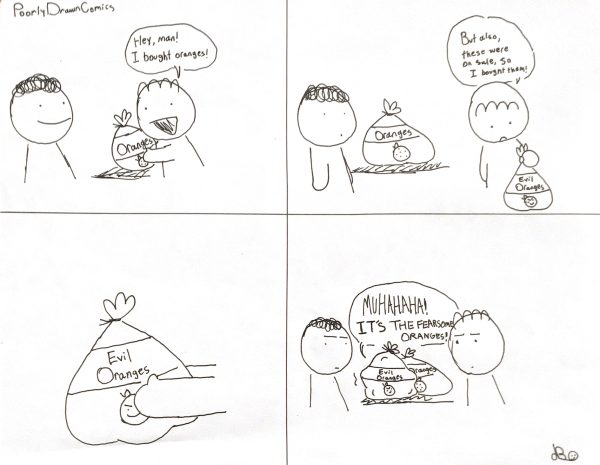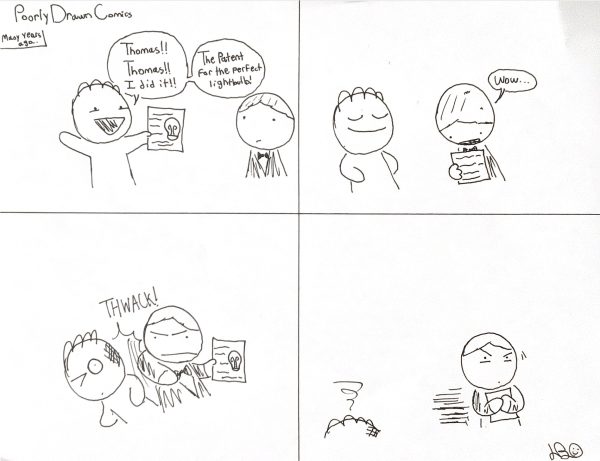How do we affect the environment?

Photo Via https://www.google.com/url?sa=i&url=https%3A%2F%2Fpxhere.com%2Fen%2Fphoto%2F1637957&psig=AOvVaw06tRaEsGNg2DDTP3sKfLqy&ust=1643468004868000&source=images&cd=vfe&ved=0CAsQjRxqFwoTCPje58_Z1PUCFQAAAAAdAAAAABAK Under The Creative Commons License
Jan 31, 2022
There are many reasons why I care about the environment. To begin with, my mom inspired me to care about it. She would always say if I see trash anywhere to pick it up. But with covid around it’s very difficult to do that. It doesn’t stop me though. Another reason is because I have always loved plants and animals.
It’s upsetting to see people throw trash everywhere and not care about it. But what they don’t know is that it’s affecting the environment without them even realizing it. We need to keep this world clean. It’s not going to last forever if we keep doing what we are doing. More people need to help out the environment. Even doing the most little things will still help.
Climate Change
Climate change starts when people are increasingly influencing the climate and the earth’s temperature by burning fossil fuels, cutting down forests, and farming livestock. This adds major amounts of greenhouse gases to those occurring in the atmosphere, increasing the greenhouse effect and global warming.
Speaking of cutting down forests, we should be limiting the amount of forests we cut down. The loss of trees can cause climate change, fewer crops, and flooding. But not only that, it causes animals to lose their homes.
Each day we make new buildings, houses, and parks. But we do have to be more responsible and while we build we have to look at the environment around us.
Beaches
Every day a myriad of people go to beaches. And that means more littering. Beaches need to stay clean all the time. But since people litter, the beaches get ruined. Now people won’t want to go. But not only does it affect the beaches, it affects animals.
Birds are always around beaches and while they are looking for food they get stuck on trash, for example plastic. They mistake the plastic for food and this leads to death and diseases since it gets stuck on their beaks or their feathers.
When I was going to the park, on the other side there was a mountain. I thought it was just a mountain, but then I asked my mom and she said it’s trash. It was enormous. Not only that though, there’s water near it, so if that trash gets into the water then it will go to the oceans and that harms animals in so many ways.
Elephants Dying in Sri Lankan
In Sri Lanka about 20 elephants have died from eating plastic waste. How have they ended up at a garbage dump?
The Associated Press reported, “Well it’s because of their loss and degradation of their natural habitat.” Hungry elephants try to find food, but instead they consume plastic as well as sharp objects that damage their digestive system. And if they stop eating they become too weak and die. Some of the animals have wandered into the village that’s near the garbage dump and the villagers have chased them with firecrackers even though it’s not the fault of the animals. They are just trying to look for food and water to survive.
Using Plastic Water Bottles
We all carry water bottles because we get thirsty right? And then after we’re done with them we just throw them out. But sometimes people don’t throw them in recycle bins, they literally throw them on the ground. This is actually affecting the environment.
Carrying reusable waters will help reduce the amount of plastic used each day. If everyone uses one water bottle for a year, then we would be saving the environment.
- Reduce, reuse, and recycle. Cut down on what you throw away.
- Volunteer. Volunteer for cleanups in your community.
- Educate. When you further your own education, you can help others understand the importance and value of our natural resources.
- Conserve water. The less water you use, the less runoff and wastewater that eventually end up in the ocean.
- Shop wisely. Buy less plastic and bring reusable shopping bags.
- Use long-lasting light bulbs
- Plant a tree. Trees provide food and oxygen. They help save energy, clean the air, and help combat climate change.




